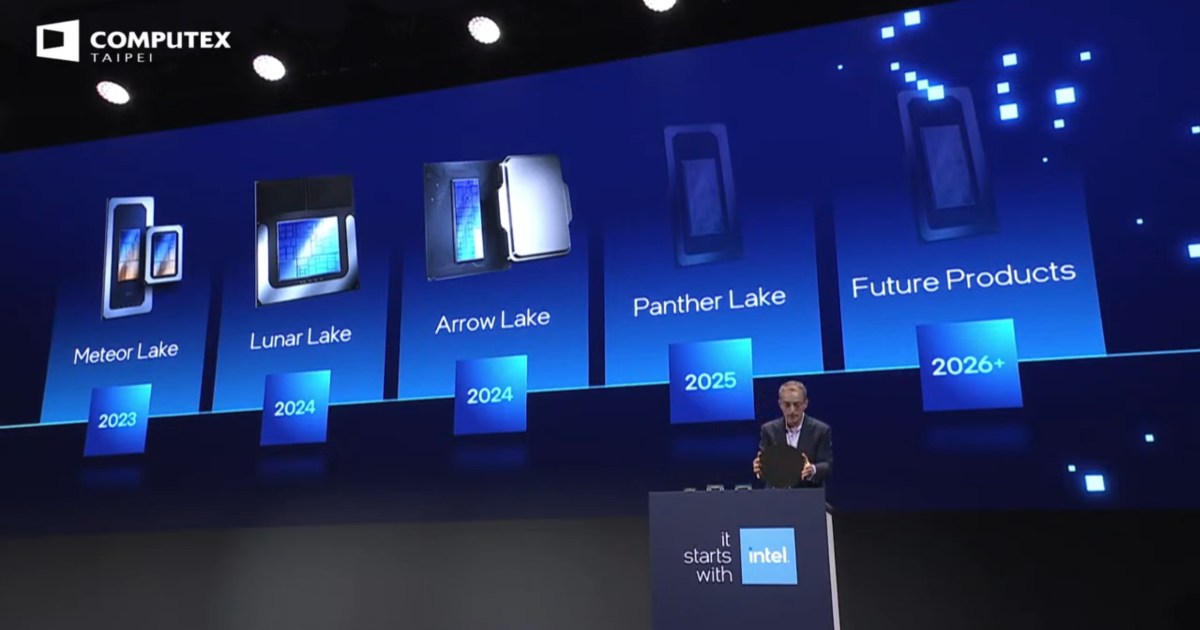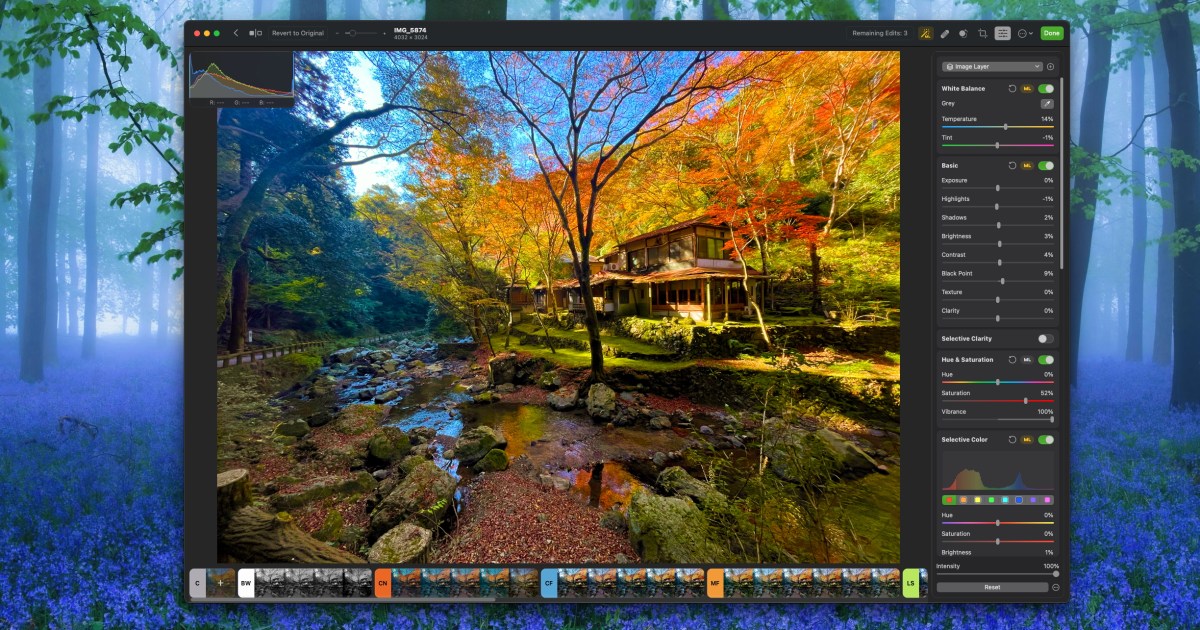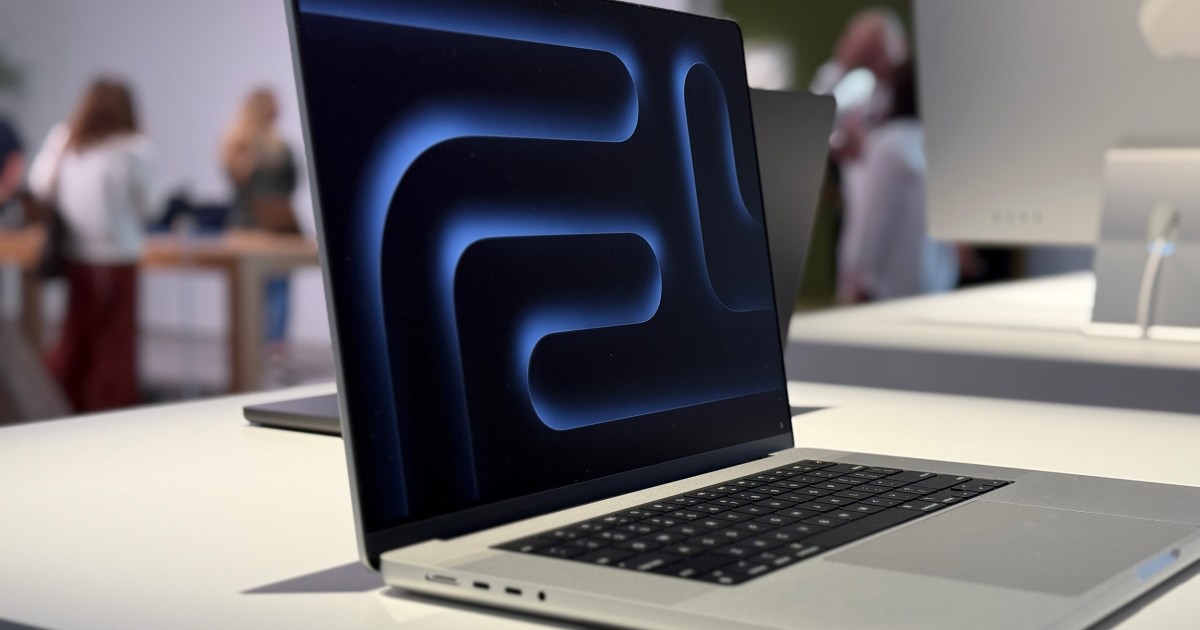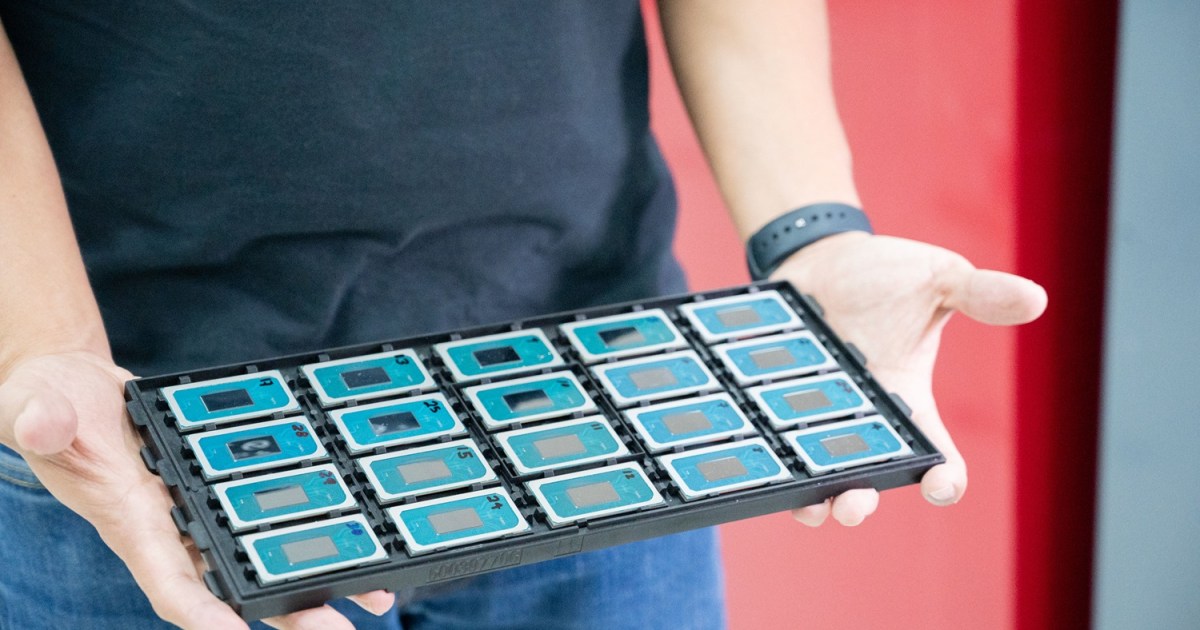Intel CEO Pat Gelsinger discussed the future of Intel’s processors during the company’s Q3 2024 earnings call, revealing details about next-generation products like Panther Lake and Nova Lake. Despite the reported $16.6 billion loss, Gelsinger confirmed that these upcoming CPUs will deviate from the design of their predecessor, Lunar Lake, which he described as “a one-off.”
Lunar Lake marked a significant milestone for Intel’s consumer processors by incorporating on-package LPDDR5X memory, a design reminiscent of Apple’s successful M-series chips. This integration enhanced data transfer speeds and power efficiency, contributing to Lunar Lake’s impressive battery life. However, despite these advantages, Intel has decided against continuing this approach for future generations.
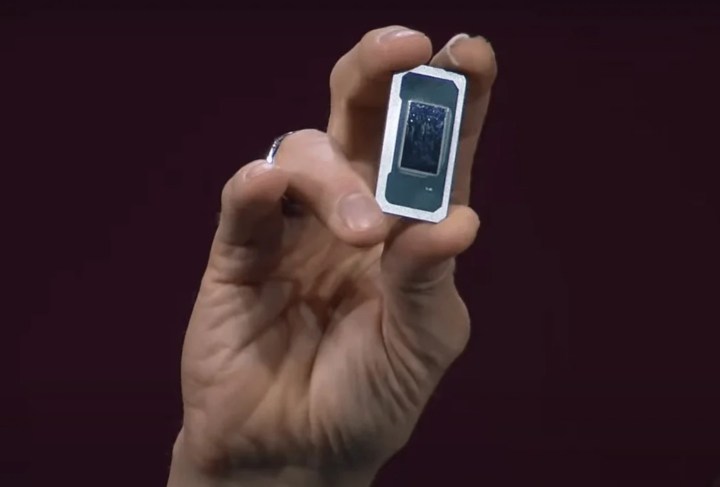 Intel CEO Pat Gelsinger holding a Panther Lake chip.
Intel CEO Pat Gelsinger holding a Panther Lake chip.
Gelsinger explained that Lunar Lake was initially conceived as a niche product. The rise of AI PCs unexpectedly propelled it into higher-volume production, although still not reaching the scale of Intel’s mainstream offerings. He stated, “Lunar Lake was initially designed to be a niche product… and then AI PC occurred. And with AI PC, it went from being a niche product to a pretty high-volume product.”
Why the Change in Direction?
The primary reason for abandoning on-package memory, according to Gelsinger, is its impact on profit margins. The complex integration process proves too costly, leading Intel to adopt a more traditional approach for Panther Lake and Nova Lake. While these CPUs are considered direct successors to Lunar Lake, they will revert to off-package memory.
Future Intel CPU Architecture
Gelsinger outlined Intel’s revised strategy: “So it really is, for us, a one-off with Lunar Lake. That will not be the case with Panther Lake, Nova Lake, and its successors as well. We’ll build it in a more traditional way with the memory off package in the CPU, GPU, NPU, and I/O [input/output] capabilities in the package. But volume memory will be off-package in the roadmap going forward.”
Panther Lake Release and 18A Node
He also confirmed Panther Lake’s scheduled release for the second half of 2025. These CPUs will be the first client generation based on Intel’s 18A node, touted for its superior performance and lower manufacturing costs.
The Future of Intel Discrete Graphics
While the earnings call didn’t address Intel’s next-generation Battlemage GPUs directly, Gelsinger’s comments on simplifying the roadmap and the “less need for discrete graphics in the market going forward” raise questions about the future of Intel’s discrete graphics division. Further details may emerge at CES 2025.
Conclusion: A Shift in Strategy
Intel’s decision to discontinue on-package memory for its upcoming Panther Lake and Nova Lake processors marks a notable shift in strategy. While Lunar Lake showcased the potential benefits of this technology, cost considerations have ultimately led Intel to prioritize a more traditional, and potentially more profitable, approach. The move to the 18A node for Panther Lake underscores Intel’s focus on performance and cost efficiency as it navigates the evolving landscape of the PC market.



